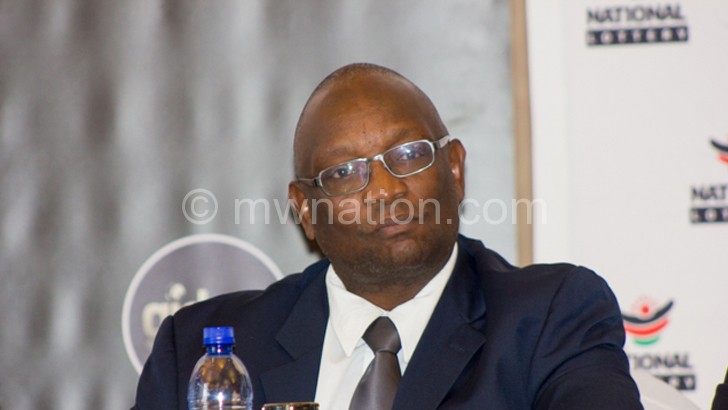Digital technology facilitating illicit financial flows
Malawi needs to safe guard against information and communications technologies (ICTs) facilitated illicit financial flows, according to anti-money laundering law specialist Jai Banda.
Banda’s comments follow a World Development Report Digital Dividends 2016 published by the World Bank Group titled Do Digital Technologies Facilitate Illicit Financial Flows (IFFs) which says the use of information and communications networks as a tool for facilitating illicit financial flows is rising as one of the key challenges in tackling the problem of the movement of illegal funds.
Currently, Malawi loses about K650 million annually to IFF, according to Global Financial Integrity (GFI).
According to the report, there are several ways in which digital technologies are facilitating the process of earning illegal profits among other new types of crime, for instance cyber crime and as a result, the rise of a criminal underground economy.

“Information and communications technologies (ICTs) have created new and facilitated traditional ways of earning and laundering money illegally. On the other hand there is no direct link between ICTs and certain activities, such as bribery and corruption, which are considered a significant source of the illicit financial flows,” reads the report in part.
The underground industry of cybercrime cost global economies $445 billion annually.
In an interview on Wednesday, Banda said although Malawi is not advanced in ICT, there is a possibility that cyber criminals can hit our financial sector.
“We have to look at the experience of other jurisdictions on how they have countered the problem. Our problem is that we wait for something to happen to act,” said Banda.
He said it is time to come up with strong legislations to counter such malpractices.
Early this month, Parliament took the first step to curb cybercrime by passing a law that tames cyber harassment, offensive communication, cyber stalking, hacking, cracking and introduction of viruses.
The new law has set up a responsive ICT legal framework that shall facilitate competition, development of ICT and the participation of the country in the information age and grow the economy.
Head of ICT department at the University of Mzuzu Emmanuel Ngalande said Malawi has had a relaxed regulation control in the ICT sector for many years.
“We surely, need strong regulations in controlling ICT to avoid some of these acts,” Ngalande said. n





